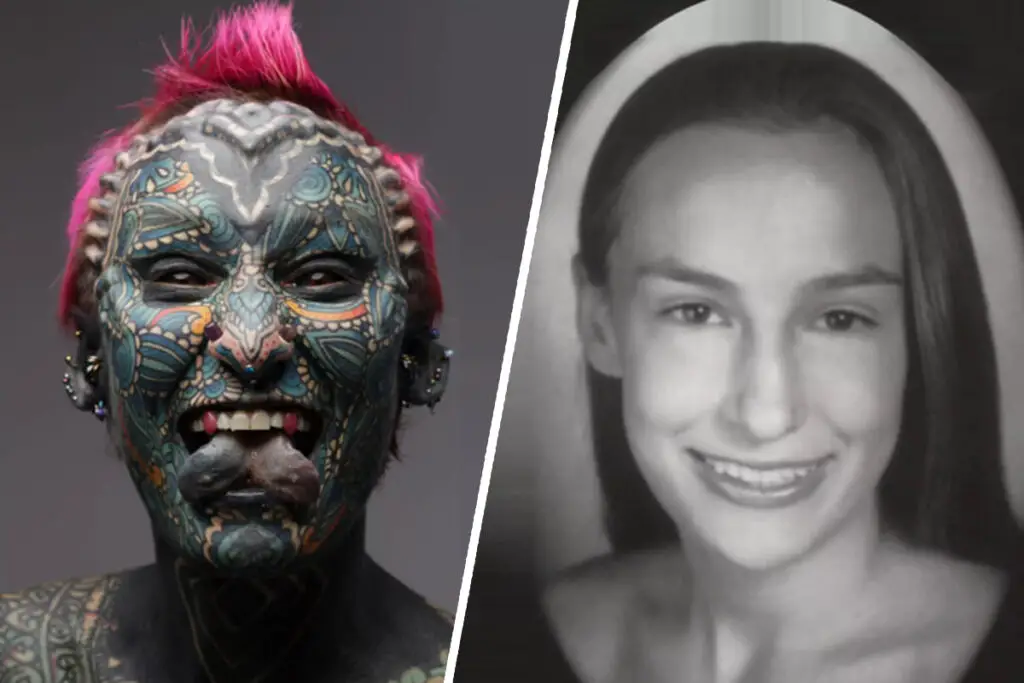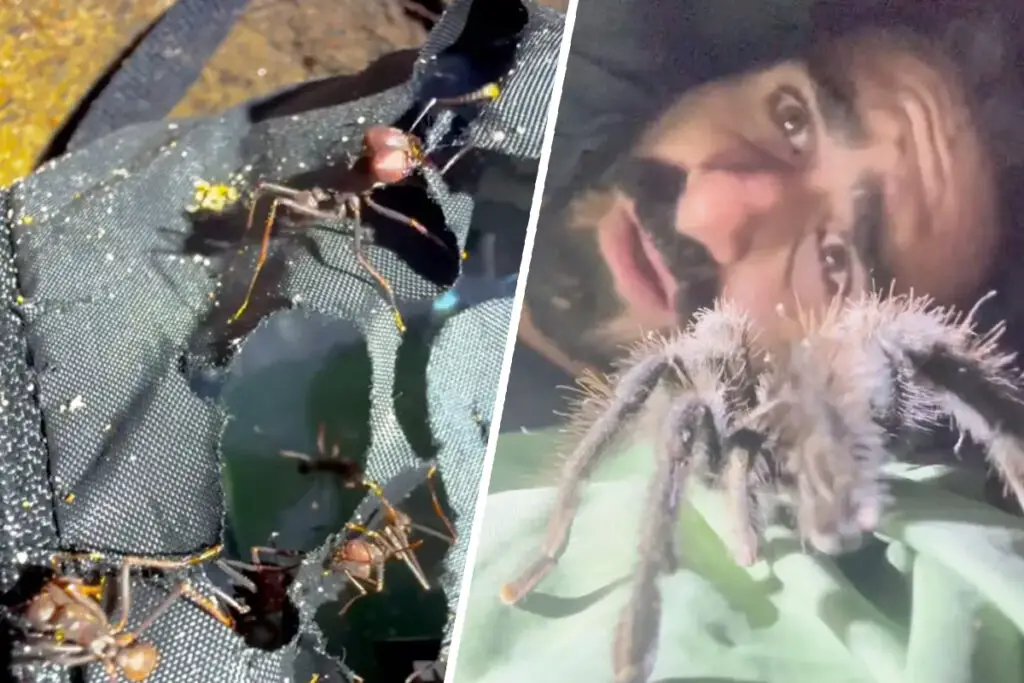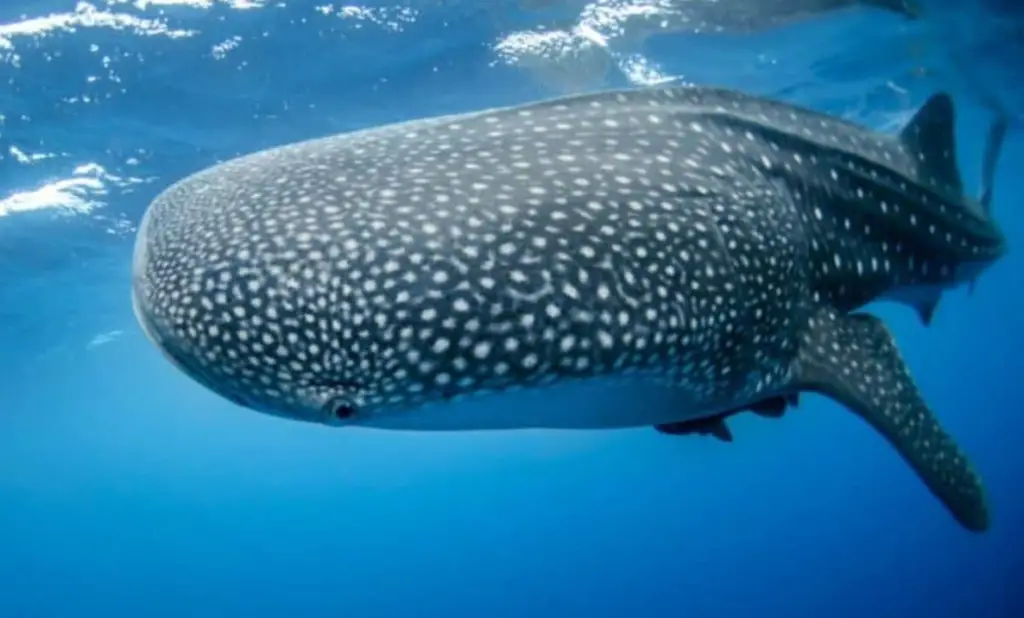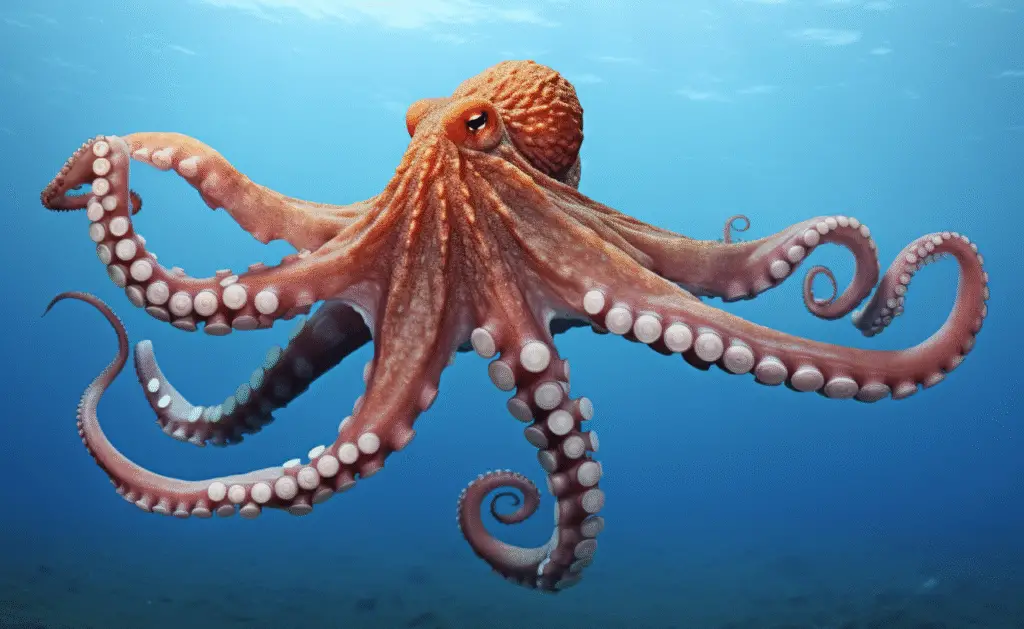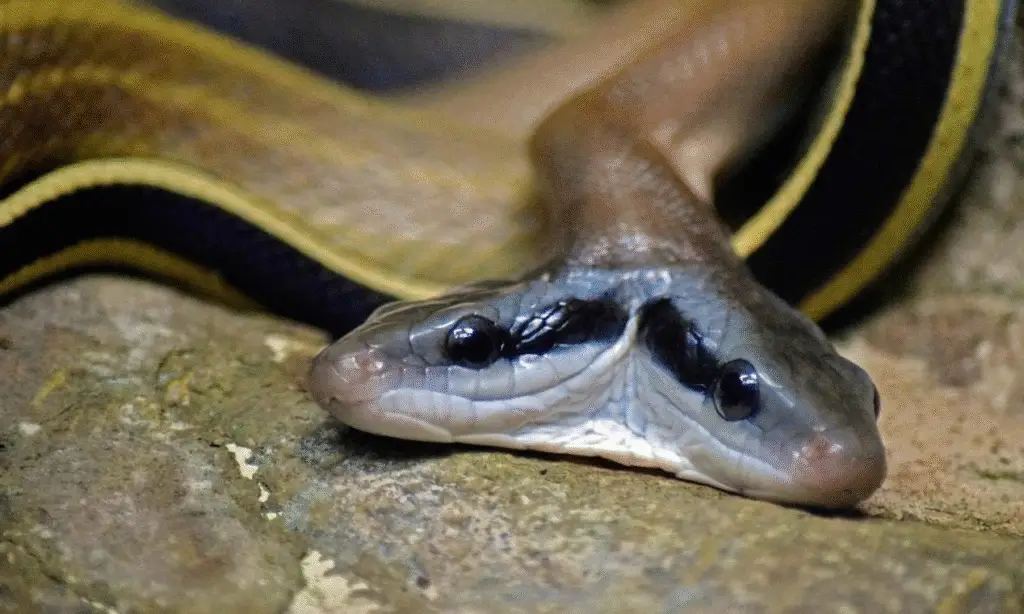30-Year-Old Portuguese Rafeiro Bobi Breaks Century-Old Guinness Record as World’s Oldest Dog Ever

- Bobi, born May 11, 1992, in rural Portugal, reached 30 years and 266 days by February 2023, surpassing Australian cattle dog Bluey’s 29-year mark.
- The purebred Rafeiro do Alentejo enjoyed a free-roaming life on family farmland, fed unprocessed human food soaked in water for health benefits.
- Guinness World Records awarded the title amid fanfare but revoked it in 2024 after a post-death review revealed gaps in age verification evidence.
In the quiet village of Conqueiros, nestled in Portugal’s Leiria district, a dog named Bobi captured global attention when he was declared the oldest canine in history.
This Rafeiro do Alentejo, a breed known for guarding livestock with a typical lifespan of just 12 to 14 years, defied expectations by living well beyond that range.
His story began in humble circumstances, one that blended rural tradition with an unexpected stroke of luck.
Bobi entered the world on May 11, 1992, as part of a litter of four male puppies in an outbuilding used by the Costa family for storing wood.
Leonel Costa, then an eight-year-old boy, remembered the event clearly. His father, a hunter accustomed to managing a large number of animals, determined the family could not afford more pets.
In those days, it was a common practice among older generations in the area to dispose of excess newborns humanely but decisively, often by burial to prevent survival.
The day after the birth, while the mother dog Gira was away, the parents removed the puppies.
Yet in their rush, they overlooked one hidden among the stacks of wood. Leonel and his brothers noticed Gira’s persistent visits to the spot over the next few days, sparking their suspicion.
Following her one time, they uncovered the tiny survivor. The boys chose to conceal him, knowing that once a puppy opened its eyes—typically within one to two weeks as the nervous system matured—their parents would be less likely to intervene.
When the discovery finally happened, Bobi had indeed opened his eyes, securing his place in the household.
Leonel, now 38 at the time of the record announcement, recalled the parental scolding but deemed it worthwhile.

This secretive start set the stage for a life that would challenge conventional wisdom on dog longevity.
Registration records played a key role in verifying Bobi’s age. He was documented in 1992 with the Veterinary Medical Service of the Municipality of Leiria, providing an official birth date.
Further confirmation came from SIAC, a government-authorized pet database overseen by the National Union of Veterinarians in Portugal.
These steps aligned with Guinness protocols for age authentication, which emphasize multiple sources to ensure accuracy in world record claims.
Bobi’s daily existence offered clues to his extended lifespan. The Costa home sat amid forests and fields, allowing him unrestricted freedom without chains or leashes—a rarity for many guardian breeds.
Leonel described the environment as calm and peaceful, distant from urban stresses that can shorten a dog’s life.
Social interactions abounded in his youth, as Bobi grew alongside various animals, fostering a sociable nature.
Diet emerged as another factor in discussions of longest living dog breeds. Unlike commercial pet foods laden with preservatives, Bobi consumed what the family ate, including meats and other home-cooked items.
Leonel always soaked portions in water to dilute seasonings, promoting better digestion and hydration.
Bobi drank about a liter of water daily, leading to frequent urination but supporting overall health.
Experts in canine nutrition often highlight how such unprocessed diets can reduce inflammation and bolster immune systems, though individual results vary.
By his later years, Bobi’s routine slowed. Mobility issues made walks challenging, so he preferred lounging in the backyard with four cat companions.
Vision decline caused occasional bumps into objects, and he favored resting post-meals or warming by the fire on chilly days.
Despite these signs of age, health checks remained positive. A 2018 incident involving sudden collapse and breathing problems required hospitalization, but Bobi recovered, giving his owner a momentary fright.

Leonel never anticipated pursuing a Guinness title until recently. Family pets had always enjoyed long lives—Bobi’s mother Gira reached 18, and another dog named Chicote hit 22—making extended canine lifespans seem ordinary in their rural setting.
Submitting the application for oldest dog living unexpectedly positioned Bobi as the oldest ever, eclipsing Bluey, an Australian cattle dog who lived from 1910 to 1939 and worked herding livestock for nearly two decades before passing at 29 years and five months.
| Key Fact | Details |
|---|---|
| Breed | Rafeiro do Alentejo, Portuguese livestock guardian with 12-14 year average lifespan |
| Birth Date | May 11, 1992, verified by Leiria veterinary service and SIAC database |
| Age at Record | 30 years, 266 days as of February 1, 2023 |
| Previous Record | Bluey, Australian cattle dog, 29 years 5 months (1910-1939) |
| Diet Habit | Human food soaked in water, high hydration with 1 liter daily |
| Lifestyle | Free roam on rural farmland, no leash, sociable with other animals |
| Health Scare | 2018 collapse due to breathing issues, full recovery |
| Family Longevity | Mother Gira: 18 years; Dog Chicote: 22 years |
Bobi’s fame spread quickly, drawing interest in secrets to dog longevity, from breed genetics to environmental factors.
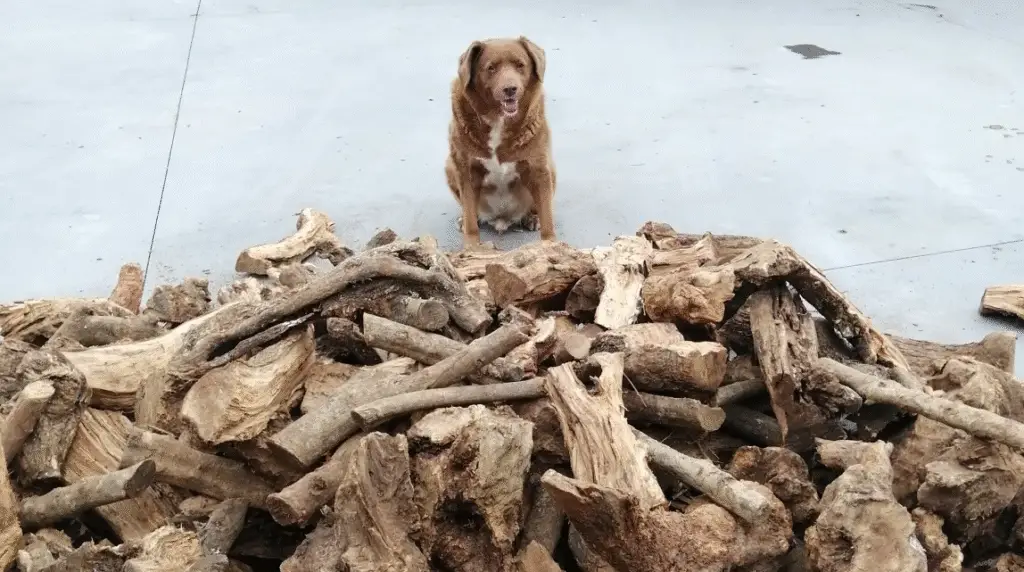
Rafeiro do Alentejos, originating from Portugal’s Alentejo region, possess robust builds suited for protection, but few reach half Bobi’s age.
Comparisons arose with other unverified claims, like Chilla, an Australian cattle-dog/Labrador cross that reportedly died in 1983 at 32 years and three days in Queensland, though lacking official endorsement.
Tragedy struck when Bobi passed away on October 21, 2023, at 31 years and 165 days, still in Conqueiros with the Costa family.
Tributes poured in, celebrating his representation of bygone eras for Leonel, evoking memories of lost relatives.
The death prompted Guinness to launch a review, spurred by questions from veterinarians and media about verification standards in an era of advancing pet microchipping.
Microchips, mandatory in many countries for identification, became central to the inquiry. Bobi’s chip, implanted in 2022, listed his birth year as 1992, but Portuguese rules before 2008 did not mandate age proof for older dogs.
Veterinary statements relied on this data without additional corroboration, raising doubts.
Guinness, prioritizing rigorous evidence like lifelong documentation, vet affidavits, and witness accounts, found the support inadequate.
On February 22, 2024, the organization announced its decision: Bobi’s title could not stand. The review highlighted broader challenges in verifying historical pet ages, especially pre-microchip eras.
No immediate successor was named, leaving Bluey’s record as the benchmark once more.
Yet the episode sparked a wave of submissions from pet owners worldwide, eager to document their animals’ remarkable lives.
As investigations into potential new claimants continue, one wonders what forgotten stories of extraordinary canine endurance might surface next, perhaps rewriting the annals of dog lifespan records in unexpected ways.





